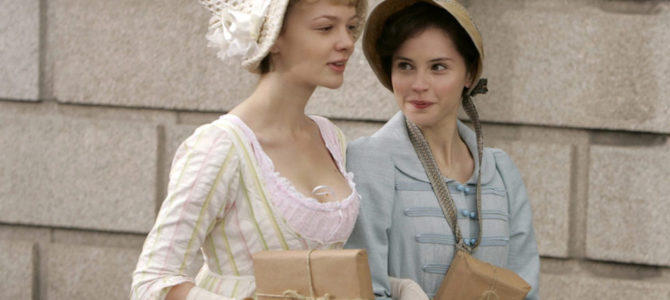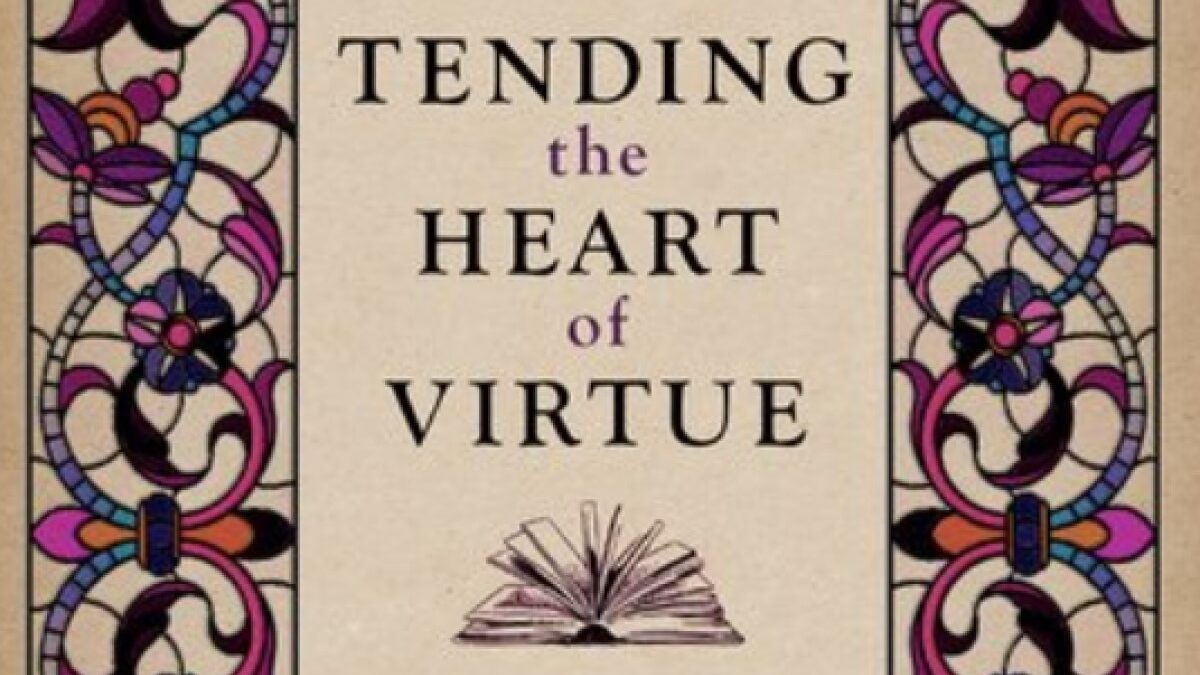
In the fourth lecture of Hillsdale College’s free online course on the young Jane Austen (which you can take along with me here), Lorraine Murphy, an English professor at the college, explains the value the author finds in the social conventions of her day throughout the pages of “Northanger Abbey.”
A Strict Social Code Governed Austen’s Day
In Austen’s time, English people were expected to participate in an elaborate system of manners that governed social events and interactions. A young person could not simply strike up a friendship with another at will, but needed to be introduced by another. Usually an elder person would make the acquaintance. At that point, the two individuals would engage in a series of outings and social activities to become better acquainted.
These complex expectations ruled all social interactions and functions and allowed either participant ample opportunities to politely discontinue the friendship. These manners were a codified form of morals. Although Austen did critique many of the conventions of her day, particularly the conventions that governed social affairs, she did think that it was important to live a moral life.
Throughout her novel “Northanger Abbey,” Austen prods at the interactions between her characters to get the reader to question the characters’ motives — are they sincerely engaging with one another or merely being polite? Austen answers this in part by having her characters depart from the typical norms of the day. Characters who were eager to know one another might slightly depart from the established rules.
When the protagonist, Catherine, and Isabella befriend one another throughout the pages of the story, they cast aside these conventions and proceed to speak very warmly to one another — to the point where their intimate language becomes a cliche. In this, Austen is telling the reader that conventions can sometimes be useful.
Why Social Norms Are More Than Just Rules
Austen contrasts Isabella and Catherine’s friendship with the protagonist’s relationship with Eleanor Tilney, a woman who is not as quick to share over-the-top pleasantries like Isabella, a woman who sticks to convention. Eleanor’s formality and adherence to the rules of the day does not make her cold. Rather, she is depicted as more genuine than her counterpart, Isabella.
When Isabella and her brother John repeatedly attempt to derail her plans with the Tilneys, Catherine goes out of her way to refuse their schemes and stick with her commitments. Her efforts are rewarded when the Tilneys invite her to visit Northanger Abbey — which delights Catherine, for she loves Gothic architecture and surroundings.
This tells the reader that manners and customs go far beyond mere niceties and indicate character traits. Sticking to one’s commitments and not arbitrarily shirking them when something else comes along is a virtue that runs deeper than merely following the social conventions of the day.
The Benefits of Reading a Variety Of Works
Eleanor and her brother, Henry Tilney, are avid readers of both novels and history. Austen uses their interests to indicate that well-rounded citizens ought to read all types of books. Catherine admits she enjoys reading fiction greatly, but struggles to get through accounts of history, which is depicted as a flaw in her character, as she is sometimes unable to discern when others are acting in a duplicitous manner.
In chapter nine, Henry and Catherine meet again at a dance, where Henry likens marriage to a dance because both parties are in a mutual contract to please one another throughout the duration of their time together. Catherine takes a more literal approach to the suggestion, saying that dance partners only spend a few moments together, while married people are coupled for life.
Her literal descriptions of marriage and dancing suggest to the reader that she cannot understand Henry’s point — that relationships are built on a compact of mutual care for the needs of the other person. This discrepancy between the way the two view relationships reveals that Henry’s understanding is much more advanced than Catherine’s.
Austen is careful not to cast aside the rules that govern social interactions because she understands that there can be some value in them, even if they are frivolous at times. Forgoing convention can sometimes be dangerous, as demonstrated by Isabella’s behavior.
Austen also points out that understanding others’ motives is a skill that must be cultivated by deepening ones’ understanding of human nature. Catherine must learn to read between the lines by putting what others say and do in context, and she must develop her knowledge of context by reading and experiencing more.









